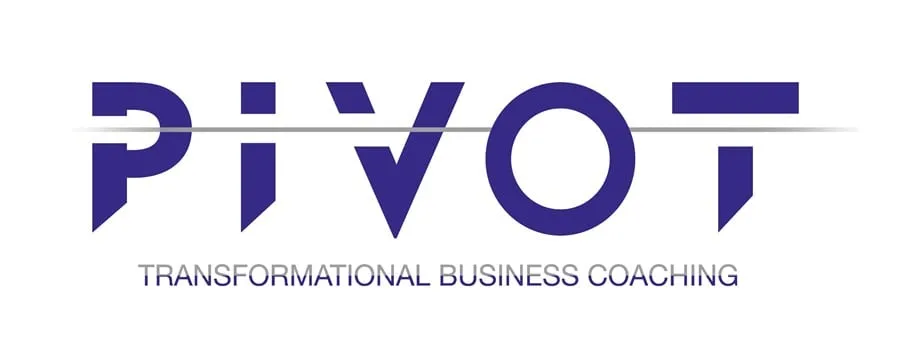Kinda Happy New FY24???
Third Toast: RFP Go/No Go Decisions
So now that the RFP response rush is over until the government can tap into FY24 budgets, there is time to fine tune some internal processes. Today's focus is on the go/no go bid decision for RFPs. For many small businesses, it is chasing the 'bright, shiny object', meaning that sending in blind responses to solicitations where they have no insight or previous name recognition.
I remember the process of learning how to read an RFP. In my first few weeks when I initially started in GovCon, I was thrown into the fire as if I knew everything. I was a senior manager in a huge accounting firm's government consulting practice, having transferred from the private sector real estate advisory services. I guess I faked it well enough that I was thought to be up to speed. And I was on the work part of it, but not on the proposal and RFP part of it. I was not ready for the daunting task of deciding if the practice would pursue an opportunity. I just knew I was told to sell work, so naively every opportunity was a chance to do that. Wrong.
As a humorous rule of thumb, half-jokingly, in consulting- you are an expert after one engagement or two proposals. So instant expert I was, at least in my mind. In the real world, I missed an important requirement that the key personnel had to be members of the bar in specific jurisdictions. So while I recommended a go on it, I was shot down as there was no person in house who met the requirement, which was seen as too much risk to have a subcontractor in this role. Okay. Read and understand the requirements. I learned to read some parts intensely and skim over others. Important to understand the following:
- Scope of Work
- Period of performance and key milestones and deadlines
- Key personnel requirements
- Evaluation requirements beyond past performance
- Fee and Pricing requirements
- Special contract clauses and requirements
In a large firm, there are contract specialist who handle the minutiae of contract clauses, but as a small business owner, you have to have knowledge of how to read the requirements before deciding to respond.
The decision is usually fairly straightforward, with a few questions to ask at the outset:
- Is it written for a specific firm/wired?
- Does my firm have the requirements in house? If not, do we have established teaming partners in place to meet the requirements?
- Do we know anyone at the agency? Have we worked here before?
Clearly, if it is targeted or written with qualifications only one competitor has, then it is wired. No bid. If your firm can meet the requirements and knows the agency, then move forward.
- What is the evaluation criteria and does it match with how we do business?
- Is this work we want to do and at the right price?
- What is the period of performance? Are we equipped to meet it?
- Are there abnormal clauses that affect the performance, pricing, or delivery?
- What other firms are on the interested parties list or schedule?
From this point, if the firm is still answering that it is capable, then figure out if you have the time and personnel to submit a quality proposal. At times, the proposal may be the impression that your firm leaves with the agency's source selection evaluation team. If it is noncompliant, weak, or off-point, that will be remembered. First impressions are lasting impressions.
If you find your firm chasing unicorns and don't have a clear vision of who your ideal customer is or what work is beneficial to your company, give me a call or schedule a free consultation at https://www.calendly.com/libby-coaching. Back to the toasts!
